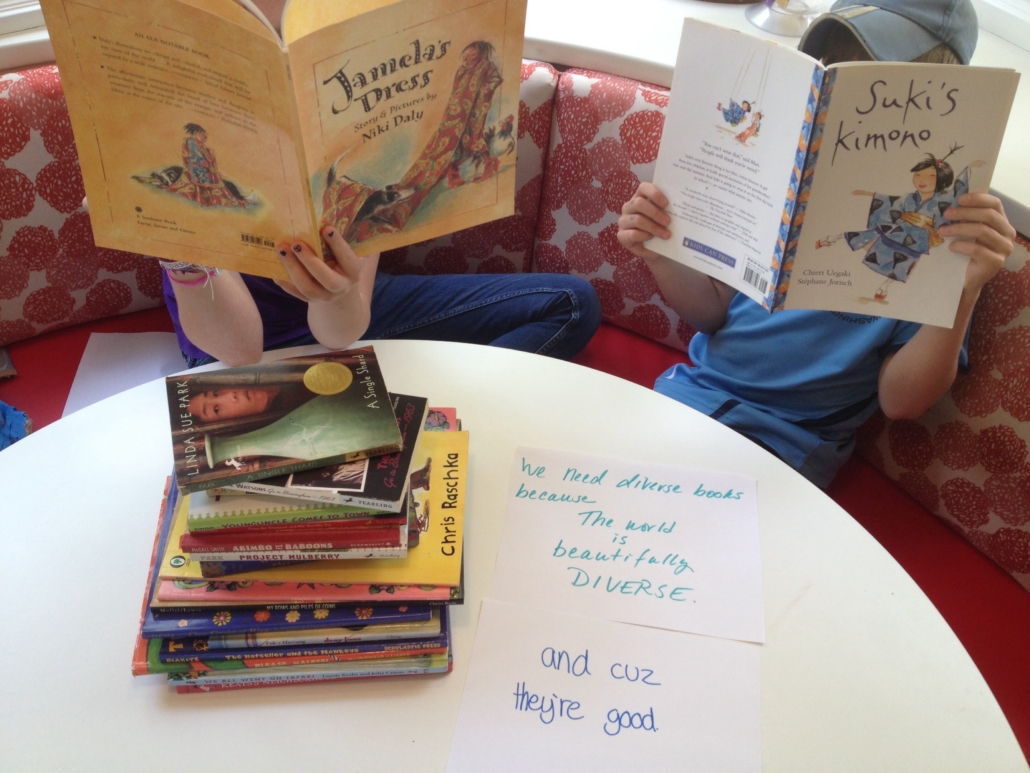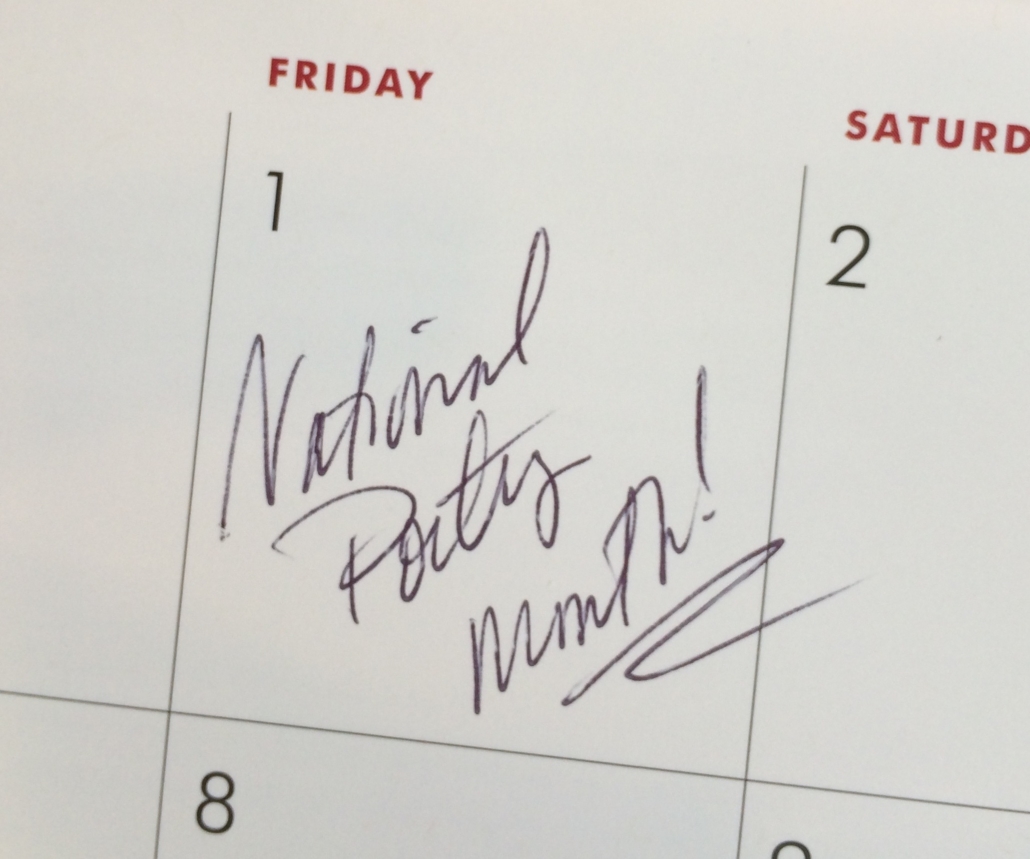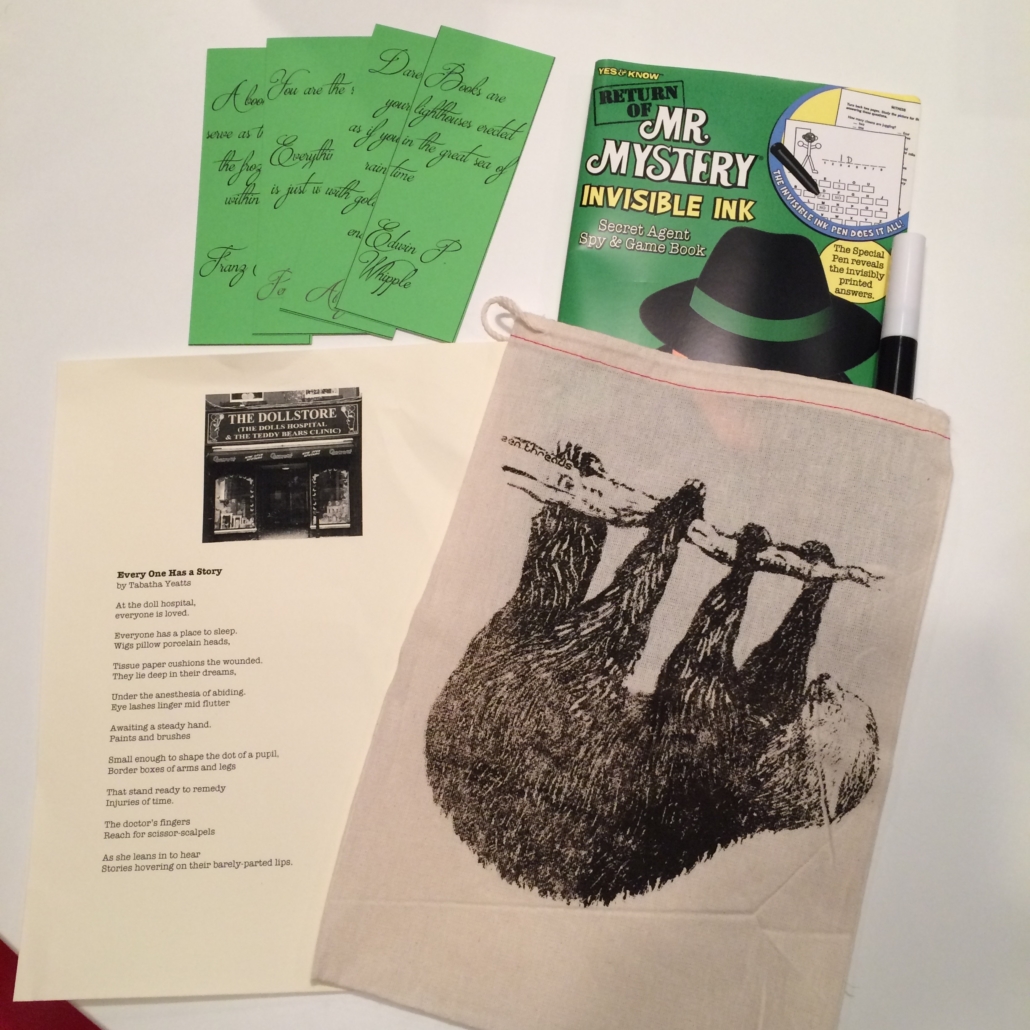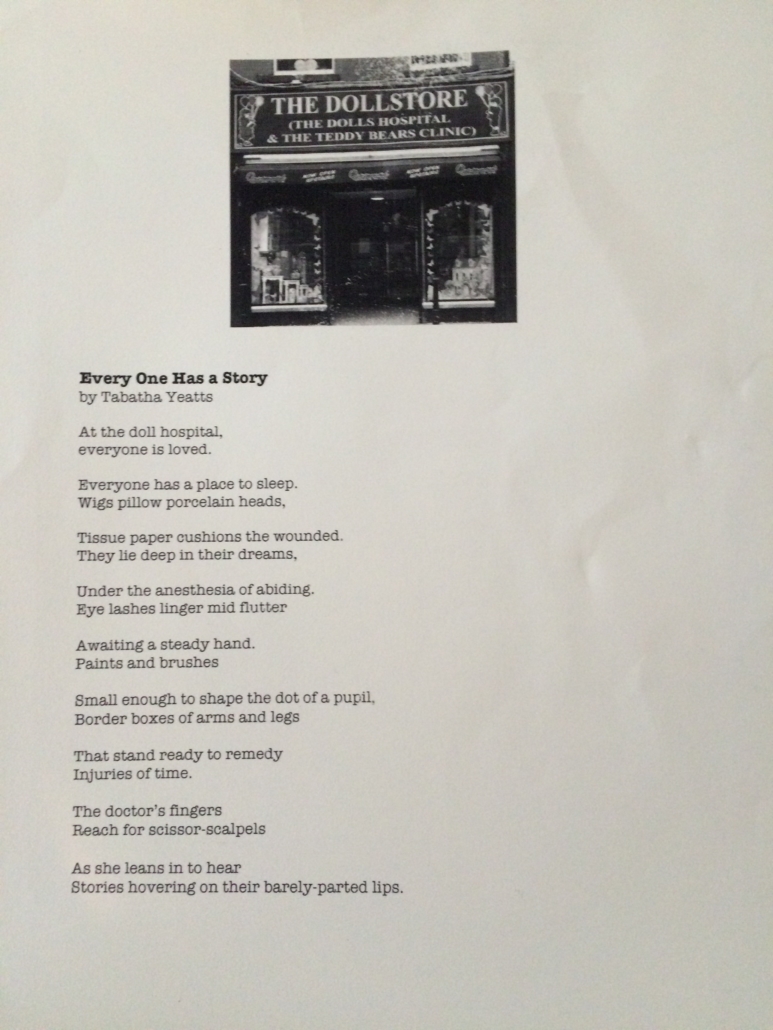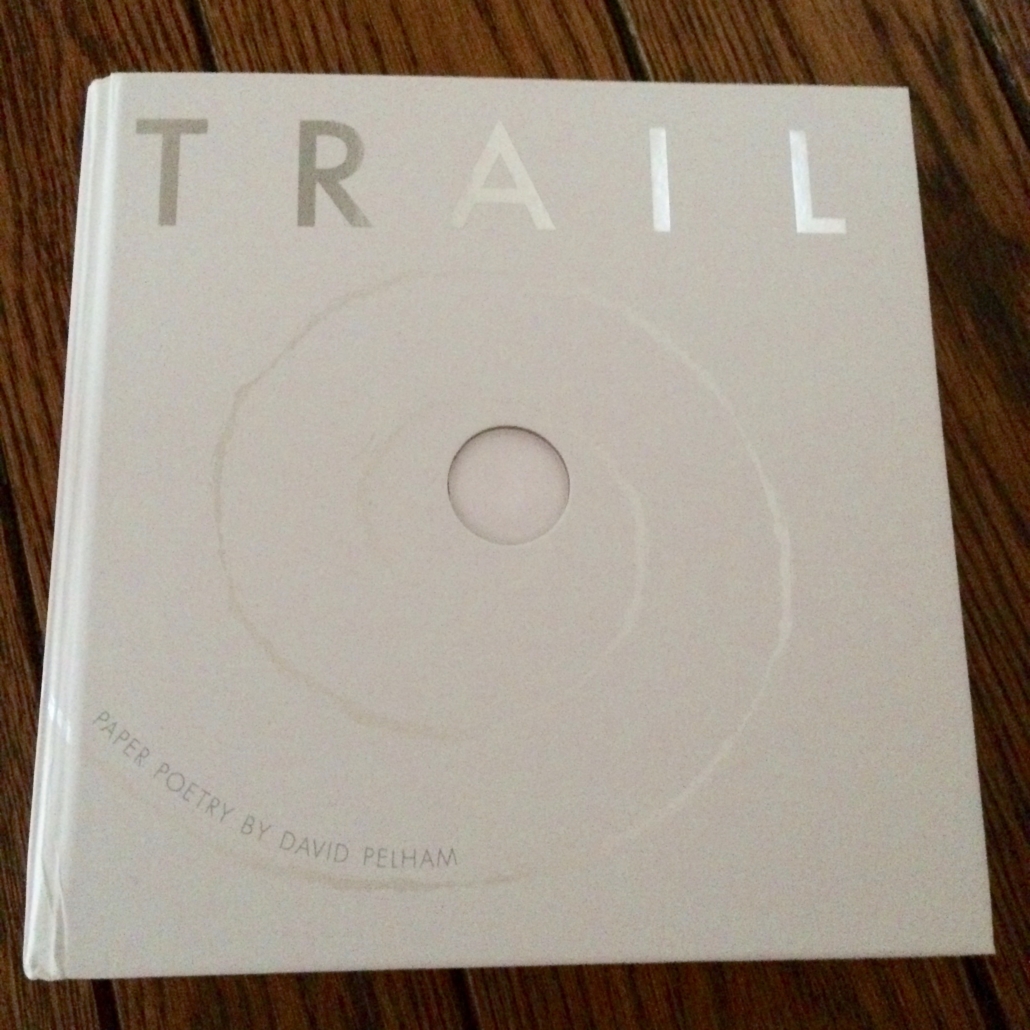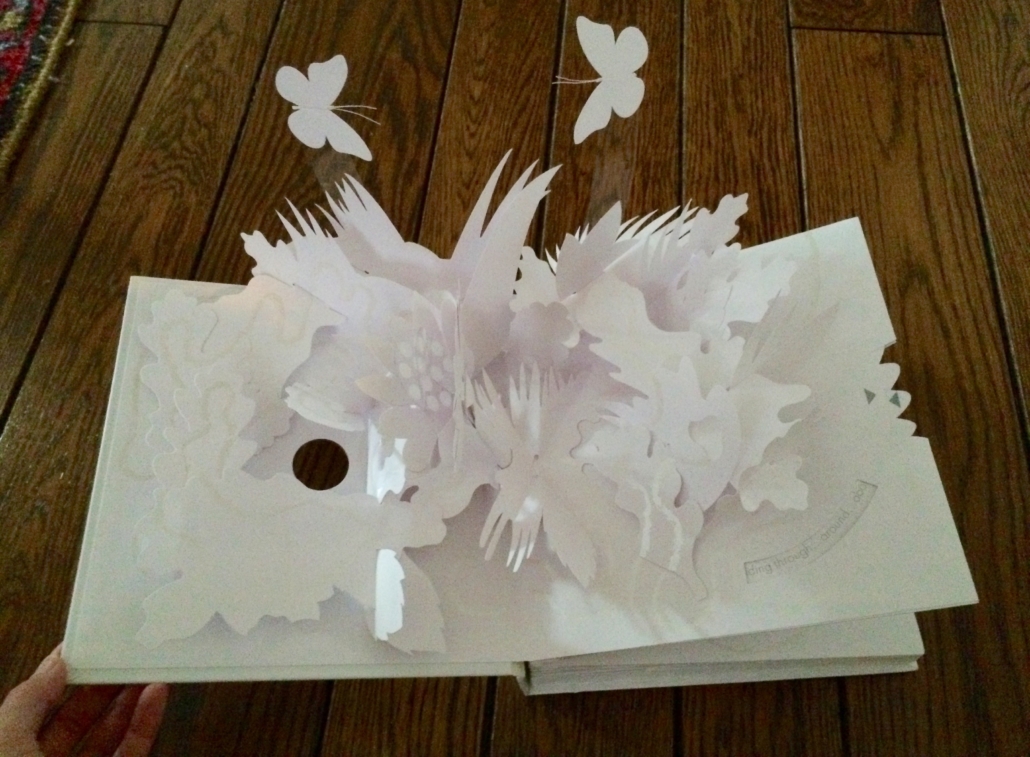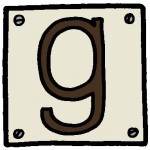
Summer’s over, the kids are back at school, and I’m eager to get back to blogging and Poetry Friday. Today I’m inaugurating a series I’ve had in the back of my mind for a long time. I’m calling it “The Process of Poetry.” The idea is to give readers an in-depth look at the process of writing a single poem by answering questions such as:
- Where did you get the idea for the poem?
- Why did you make the changes you made?
- What feedback, if any, did you get along the way?
- How did you feel about the process or the product?
My hope is that readers, especially student readers, will be assured that writing is a process and that revision is a huge part of that process. I also hope that readers who are writers, including myself, can learn some tools of the trade from one another and from reflecting on their own work.
I’m kicking-off the series, but soon I’ll be inviting guests to participate and share their process too.
I thought I’d start by describing the process of writing “Looking for a Book: A Dialogue with a Librarian,” which appears in The Poetry Friday Anthology for Celebrations, edited by Sylvia Vardell and Janet Wong. Below is the final draft of the poem.
Looking for a Book: A Dialogue with a Librarian
Do you have any books
about chickens and chicks?
Let’s follow the numbers to
six thirty-six.
I like reading stories
where wolves lie in wait.
Traditional tales are marked
three ninety-eight.
Can you tell me the name
of this rock in my shoe?
For mineral guides,
head to five fifty-two.
Why did the Pilgrims
sail over the sea?
We’ll spot what you need at
nine seventy-three.
How do you know
where to find every book?
Dewey numbered them all,
so we’d know where to look.
This poem was specifically written for submission to the anthology. The book includes poems about a variety of fun and important holidays and celebrations written for a library story-time audience. I chose to write about Dewey Decimal Day because I love the library and, to be completely honest, because I don’t think of myself as funny and I thought it could work as a subject for a more serious poem. (This now makes me smile, since I do think the poem is at least a little funny.)
It’s been a while since I wrote the poem, but when I write I generally keep multiple drafts of what I’m working on. I copy a draft, paste it above, revise, copy, paste, revise, etc. I end up with a long string of versions with the first one at the bottom and the most recent at the top. I do this so I can always go back to a previous version if I think there’s something better I’ve left behind. I don’t actually go back to get something very often, so I think it’s more emotionally reassuring than anything else. Things I revise don’t disappear; they’re right there, farther down the page.
Here are some of my earliest notes for the poem:
I like books about toothy sharks
I like books about litters of kittens
I like poems
I like stories of mythical beasts.
I like to know
I like books about grumbling trucks
I like books about
I wonder where they are?
I like books about grumbling trucks.
And I know how to find them.
I follow the numbers up, up, up
Until I get to 620
Everything has a number
So you can find your book.
Look/book
Can’t find what you want?
You can always ask the librarian.
Looking back, what I notice is that from the beginning I put myself in the shoes of the library visitor who is looking for books about particular interests. This makes perfect sense because that’s me when I go to the library. The librarian enters the picture as the person who can help you find what you’re looking for. What isn’t here is the final form of the poem—the dialogue, the meter, the rhyme. The only rhyme in these first notes is look/book, which turns out to be kind of funny later on.
Here’s something from my next bit of notes:
Exploding stars,
Cutaway cars,
Migrating whales,
Outrageous tales,
Guinea pig riddles,
Hand-made fiddles,
Carnivorous plants,
Kids who dance,
Have a special book in mind?
The Dewey systems will help you find it.
Rhyme now enters the picture, though at this point I’m rhyming interests with other interests. The list idea is also here, but nothing from this list actually ends up in the final draft. The poor last couplet is the only one here that has no rhyme.
Soon after, I wrote what I would consider my first complete draft:
Thanks to the Dewey Decimal System.
Tales about fate?
Three ninety-eight.
Chickens and chicks?
Six thirty-six.
Robin Hood’s crew?
Eight twenty-two.
Whatever I say?
I can find right away.
In many ways this first draft is structurally similar to the final draft. Here the interests rhyme with the Dewey decimal numbers. You can see the back and forth of the dialogue, though the syntax is so truncated, it’s a little hard to imagine the participants could actually understand one another. I have a tendency to use short syntax like this, so I’ve learned to notice when I’m doing it. I’ve also learned when I’m revising to ask myself what’s beginning to happen here that wants to come out more?
I address these concerns in my next set of notes:
I want to know the name
of the rock in my shoe.
Look for the books
numbered five-fifty two.
Can you help me find out
what sailors once ate?
Let’s check the shelves
for nine ninety-eight.
Can you help me find out
What the dodo bird ate?
Let’s check the shelves
For five ninety-eight.
I like stories with
I like trucks that
that growl and whine.
Check out the books
Numbered six twenty-nine.
I want to find out
what pirates lived when.
Then you need a book
With the number nine ten.
How do you know
Where every book is?
I use a good system
Invented by Dewey.
If I meet a shark
will I end up in heaven?
For facts about sharks
Look for five ninety seven.
To get to the moon
Should I follow a line?
For books about rockets
See six twenty-nine.
How do you know
If volcanoes are done?
Look in a book
Numbered five fifty one.
You can see that I’m brainstorming and trying out lots of different options to see what might work best. You can also see that some of them are downright bad! During this time I made a couple of trips to my local library. I wandered through the shelves looking at the numbers and the titles for possible rhymes. I also went online and found lists of numbers and their associated subjects. Without a doubt I wanted the poem to be accurate. In some ways the need for correctness made writing this poem feel a bit like doing a puzzle. What subject headings went with Dewey decimal numbers they could also rhyme with? I also wanted to make sure that both the library patron and the librarian weren’t using the same language over and over again. I was still struggling with the final couplet. I didn’t like the earlier say/away rhyme. In the list above I didn’t have any rhyme at all.
This is the version I submitted to Janet Wong and Sylvia Vardell:
Looking for a Book: A Dialogue with a Librarian
Do you have any books
about chickens and chicks?
Follow the numbers to
six thirty-six.
I like reading stories
where wolves lie in wait.
Traditional tales are marked
three ninety-eight.
Can you tell me the name
of this rock in my shoe?
For mineral guides go to
five fifty-two.
Why did the colonists
dump all that tea?
You can find what you need at
nine seventy-three.
How do you know
where to find every book?
Dewey numbered them all,
so we’d know where to look.
I had spent hours and hours and hours on this poem. I was relieved to finally have a version that worked. I was particularly pleased that I had a final couplet. Looking back now, I have to laugh because that book/look rhyme was in my very first set of notes. Once I found it for the final couplet, I knew it should be part of the title.
Janet wrote an encouraging reply and asked if I’d consider a few revisions. She expressed concern that the colonists weren’t age-appropriate for story-time. She also wondered if the librarian might go with the child to find one of the books. Janet’s comments seemed spot-on to me, so I was happy to make revisions to address her concerns.
I then wrote the final draft, the version that appears above and in the anthology.
To my great surprise a student of Sylvia Vardell’s, and two wonderful actor-friends, made a fabulous video of the poem, which you can see here.
You can learn more about the anthology at The Poetry Friday Anthology for Celebrations website, at Pomelo Books, and at Sylvia Vardell’s blog, Poetry for Children.
For more Poetry Friday, visit Linda at Teacher Dance.
I hope you enjoyed reading about my process. I’d love to know what you think. See you around the internet.
Liz
